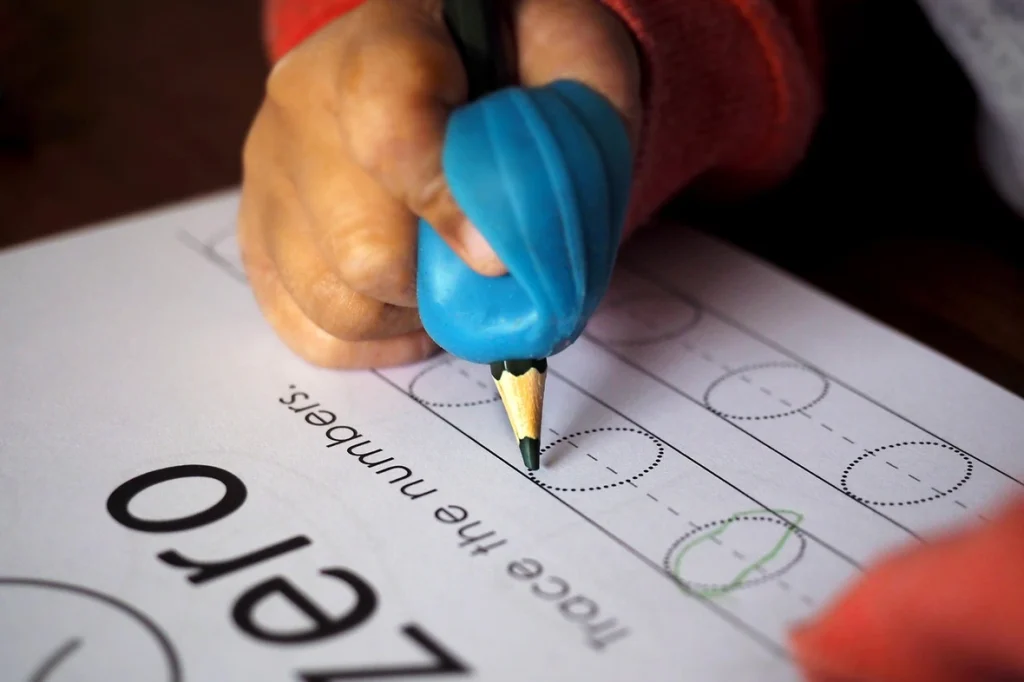Is Early Childhood Education Fueling Socioeconomic Disparities?

A recent study conducted by an international team of researchers shed light on the disparities in education linked to socioeconomic status (SES) that emerge early in a child’s life. The study focused on preschool children in France and found that students from middle- and upper-class backgrounds were more likely to participate in classroom discussions than their equally capable peers from working-class backgrounds. This discrepancy in engagement opportunities may influence how students are perceived by their peers.
Challenges in Early Childhood Education
Preschool benefits low-SES students’ academic achievement, but the study suggests early education falls short of equalizing opportunities. Socioeconomic status can influence engagement, perpetuating achievement disparities.
Examining Behavioral Engagement
Researchers studied behavioral engagement in whole-class discussions among nearly 100 preschoolers from diverse socioeconomic backgrounds in four classrooms. Low-SES students participated less and for shorter durations than high-SES peers, unrelated to language proficiency.
Perceptions Among Peers
In a second study, the researchers explored how preschool children perceive differences in school engagement among their peers. They presented fictional scenarios involving students who were called upon more frequently and spoke longer than others. The children’s responses indicated that they attributed differences in engagement to inherent factors related to the protagonist’s characteristics, such as competence and warmth.
Impact on Social Judgments
Preschoolers perceived students who actively participated in classroom discussions as having more positive characteristics. This could elevate social standing for middle- and high-SES students but negatively impact the psychological experiences of low-SES students.
Empowering Educational Equality
Addressing barriers faced by lower-income students in early childhood education is crucial. Redesigning aspects of education to prioritize engagement for all students, regardless of social class, can promote academic success and reduce educational disparities.
